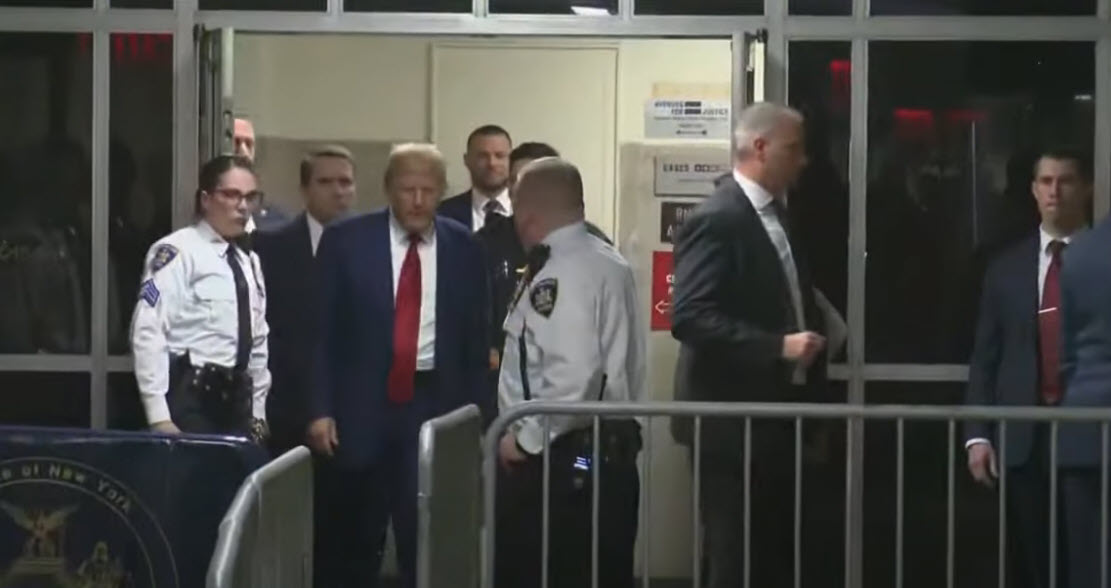An appellate court in New York has decided to lower the bond amount for former President Donald Trump in his civil fraud case, allowing him to proceed with his appeal without the risk of immediate asset seizure.
The decision comes after Trump expressed concerns about having to sell properties at a loss to cover the initial bond amount of 454 million dollars, as ordered by Judge Arthur Engoron in February. The five-judge panel of appellate court judges accepted a reduced bond of 175 million dollars, giving Trump a ten-day deadline to pay.
Trump’s legal team welcomed the ruling, with Trump himself applauding the decision and criticizing Judge Engoron, stating that the situation “never should have happened.” The former president has repeatedly claimed to have 500 million dollars in cash but prefers to go through the lengthy process of property seizure while he continues to challenge the fraud liability ruling against him and his company.
The bond reduction has sparked mixed reactions among voters, according to a recent Harvard CAPS-Harris poll. While 52 percent of respondents believe Trump should have to post the full bond amount, 48 percent support the decision to lower the bond for his appeal. However, a majority of 54 percent view the penalty imposed on Trump in the fraud case as fair.
The appellate court’s decision provides Trump with the opportunity to move forward with his legal appeal while easing financial burdens associated with the case. The ongoing legal battle highlights the complexities and controversies surrounding high-profile civil litigation involving public figures.
Trump has announced that he will pay the reduced bond amount set by an appeals court as he continues to appeal his New York civil fraud trial. This decision follows the court’s decision to lower the bond from $454 million to $175 million and grant Trump a ten-day period to make the payment.
Trump has consistently argued that he is the victim of a biased judiciary, referring to the judge as “corrupt” and criticizing Attorney General Letitia James as “a thug.” He maintains that the case against him is politically motivated and aims to undermine his reputation.
The lower bond amount means that Attorney General James cannot immediately begin collecting on the judgment, providing Trump with a temporary reprieve in the legal proceedings.
In response to the court’s ruling, Trump has voiced his frustration with the judge handling the case, emphasizing his belief that the legal actions against him are part of a broader political agenda.
The decision to pay the reduced bond signifies Trump’s determination to continue fighting the charges brought against him, setting the stage for further legal battles and political debates surrounding the case.
The developments in Trump’s legal saga highlight the complexities and controversies surrounding high-profile legal proceedings involving public figures and allegations of fraud or misconduct. The case continues to draw attention from both supporters and critics of the former president, reflecting broader discussions about accountability, transparency, and the rule of law in the United States.
As Trump prepares to make the bond payment, the focus shifts to the ongoing legal maneuvers and potential future developments in the case, with implications for both the legal system and the political landscape.



